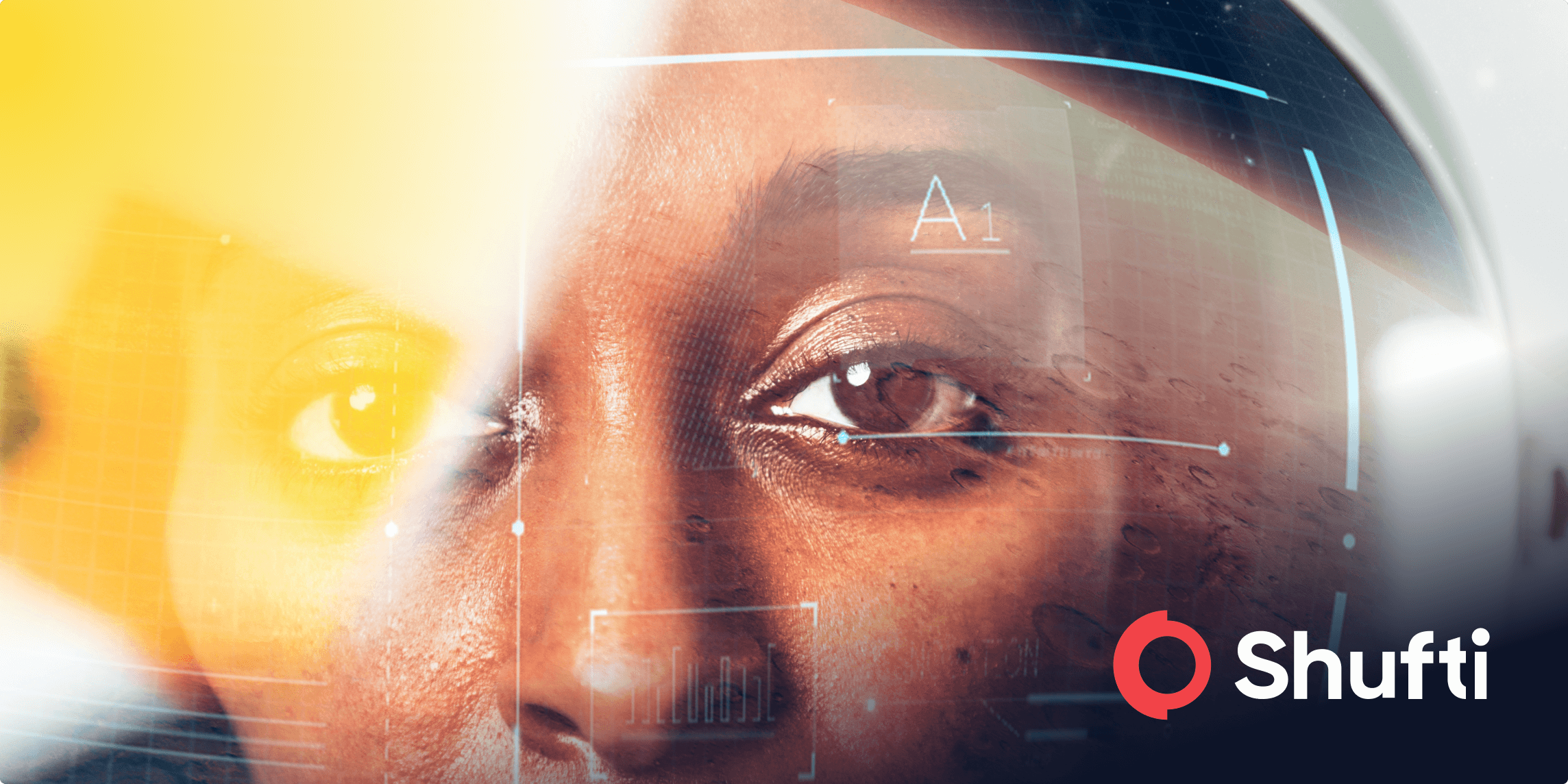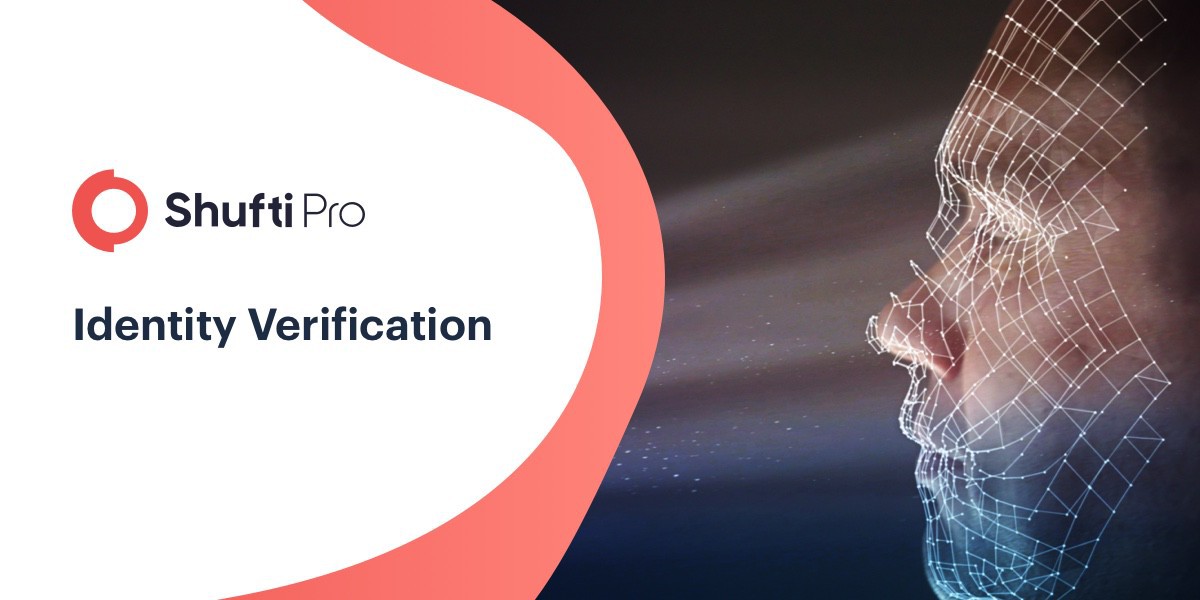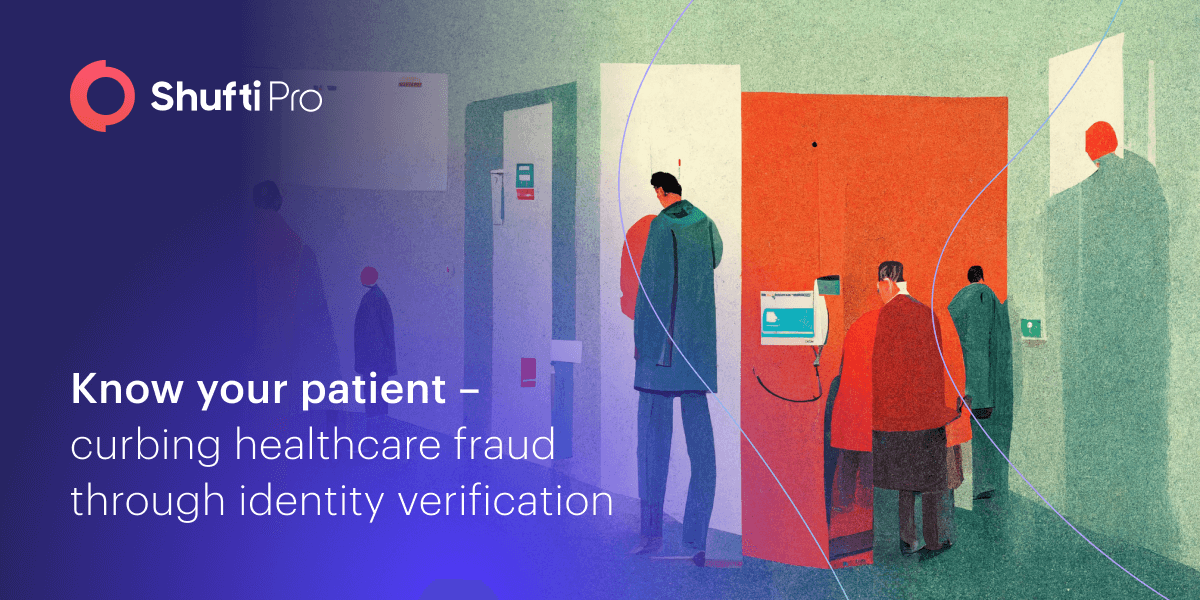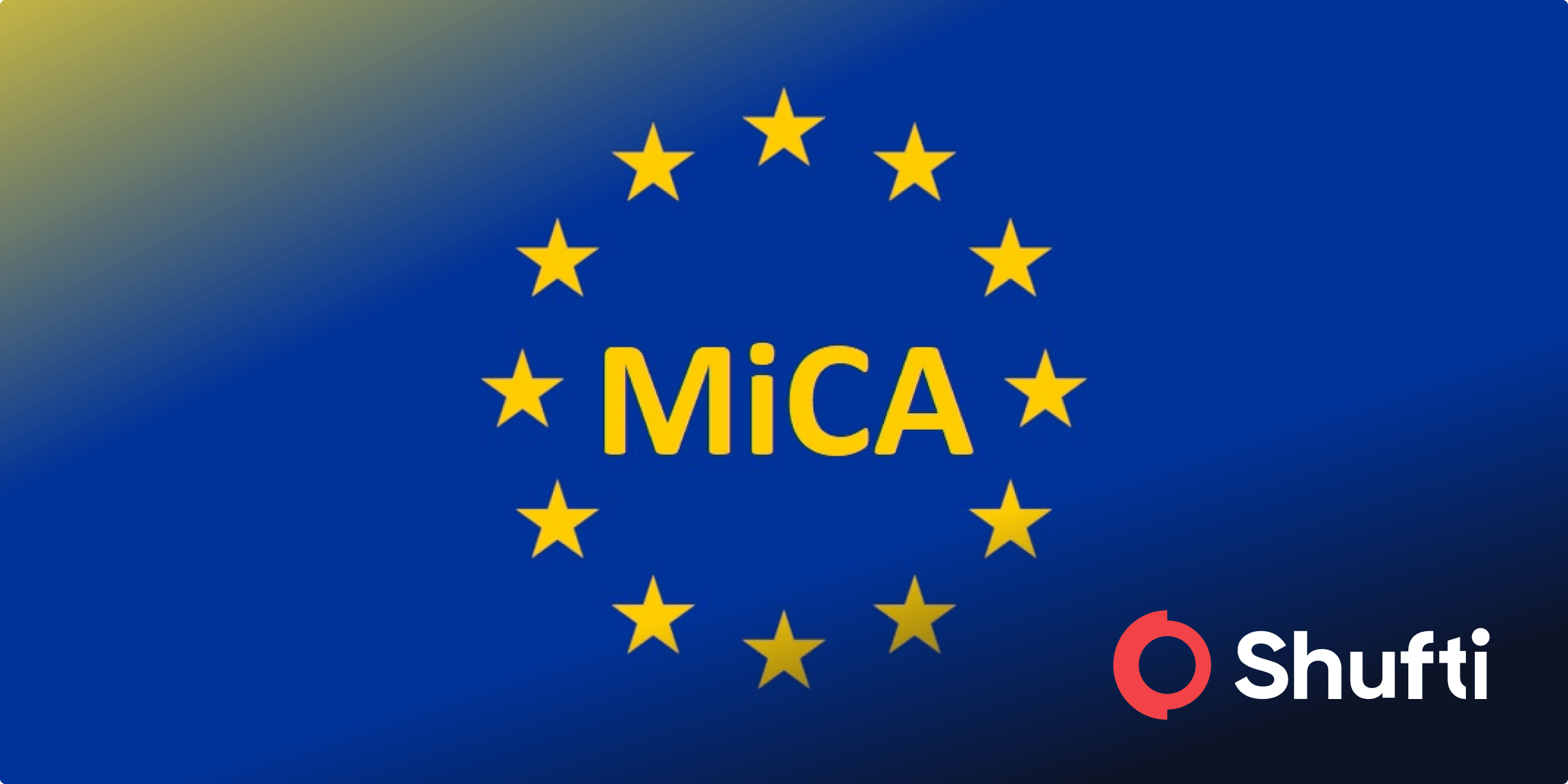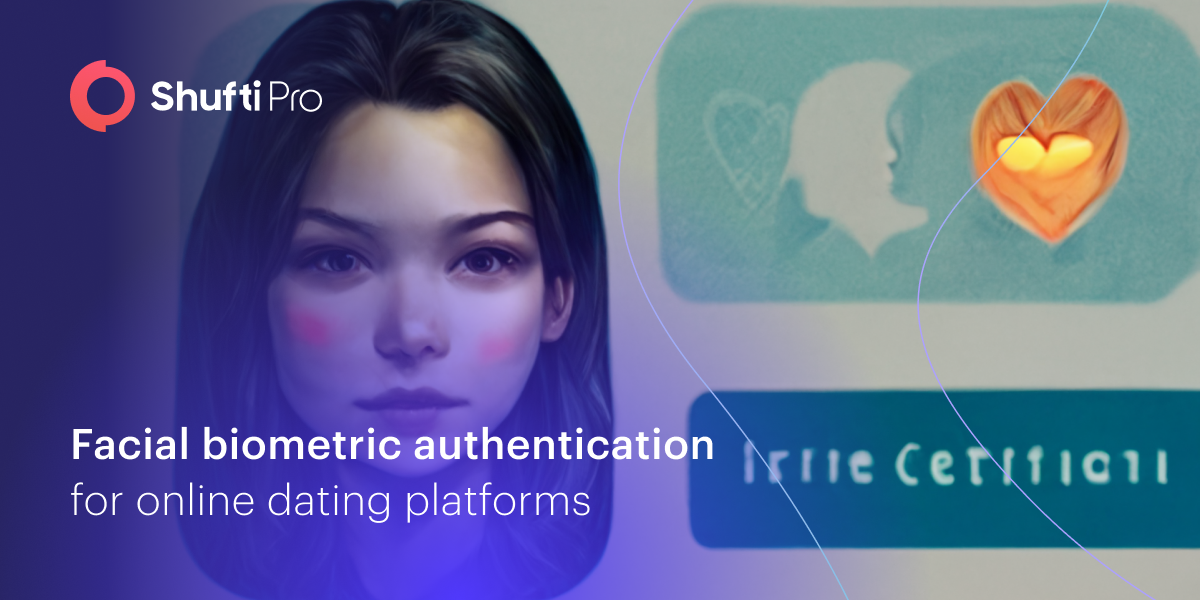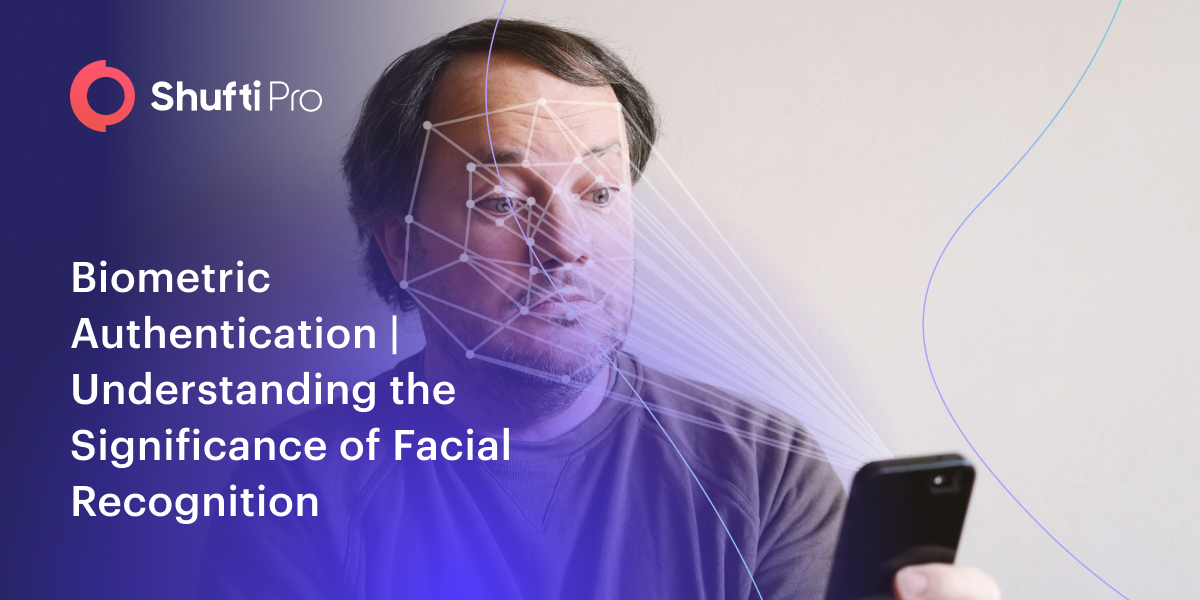Top 10 Health Industry Trends to Watch for in 2022

- 01 1. Internet of Medical Things (IoMT)
- 02 2. AI-Based Identity Verification Solutions
- 03 3. Data Protection
- 04 4. New Technologies in Mental Healthcare
- 05 5. AI to Reduce Healthcare-Associated Infections (HAIs)
- 06 6. Video KYC
- 07 7. The rise in Digital Therapeutics
- 08 8. Virtual Health Services
- 09 9. Virtual Simulation and Technology Transform Nursing Education
- 10 10. Better Data Analytics to Improve Patient Outcomes
- 11 Final Thoughts
What are your expectations from the healthcare industry? Technological advancements have proven crucial to help the medicare sector stand firm against COVID challenges as well as criminal activities. Simultaneously, new norms like virtual care along with AI-backed supply chains are being introduced. However, it is expected that Global healthcare spending will reach over $10 trillion by 2022.
As 2022 is approaching, healthcare businesses will continue to work towards meeting the expectations of patients and the requirements of health professionals. For this purpose, healthcare service providers are determined to incorporate innovative technologies.
1. Internet of Medical Things (IoMT)
Internet of Medical Things (IoMT) is an infrastructure to connect medicare services and systems. The objective behind this innovation is to provide adequate care to isolated and backward area communities as well as those patients that are unable to go to healthcare centers to seek services. Technological innovations and data integration allow patients to acquire treatment from the comfort of their homes. Personal health monitoring gadgets equip the medicare facilities to permit patients to monitor their health data records and send them to their attending doctors.
Some confuse remote patient monitoring and IoMT. However, there is a significant difference between the two concepts. The internet of medical things defines the whole healthcare industry and its technologies; Whereas, remote patient monitoring is a tech-based system that helps to monitor, gather and process patients’ information for better treatments.
2. AI-Based Identity Verification Solutions
SaaS providers have developed AI-backed identity verification solutions for the healthcare sector that allows them to combat crimes. It also helps to stay put with the Know Your Patient (KYP) compliance to make their operation secure. Robust ID verification services can also back the telehealth program to ensure legit patients get on board. 2022 will be quite challenging for the medicare sector as fraudsters are getting more sophisticated. Therefore, healthcare will widely employ ID Verification for sustainability in a fast-moving world.
3. Data Protection
The healthcare industry has always been the primary target of criminal activists, therefore protecting patients’ crucial information is the duty of the healthcare sector. To prevent identity theft, data breaches, and other crimes, the healthcare sector has to meet regulatory obligations established by HIPAA and the EU’s General Data Protection Regulation (GDPR). However, in 2022 regulatory bodies will impose stricter data privacy measures, establish new guidelines for medicare and other related businesses, so that they can provide secure and frictionless services to patients.
4. New Technologies in Mental Healthcare
As new variants of Covid-19 are emerging, it continues to pour adverse impacts onto people’s mental health. Therefore, the need for effective medicare technologies keeps growing. The US Food and Drug Administration along with the healthcare sector is developing video games for treating children suffering from mental health conditions. This game works on patients aged 8 to 12 years to enhance their attention skills.
Other than this, smartphone-backed therapies will also take over in 2022. Chatbots and applications are to be developed to analyze patients’ speech patterns and voices to determine any signs of emotional instability. These discoveries will provide support rather than healthcare solutions.
5. AI to Reduce Healthcare-Associated Infections (HAIs)
In 2022, healthcare facilities centers will initiate artificial intelligence-powered infection and control (IP&C) programs to effectively monitor the patients in real-time with robust infection risk detection, in order to provide early treatments.
According to Mackenzie Weise, Infection Prevention Clinical Program Manager for Clinical Surveillance & Compliance, “Data shows that while hospitals have allocated more resources to infection prevention and control efforts to contain COVID-19, it has largely come at the expense of controlling other, far too common, healthcare-associated infections (HAIs).”
However, it’s expected that the healthcare industry will invest millions and billions to enhance the IP&C activities across the government and public medicare facility centers. This development will assist hospitals in effectively utilizing AI-backed risk identification solutions at early stages, and allow doctors to implement evidence-based disease prevention approaches.
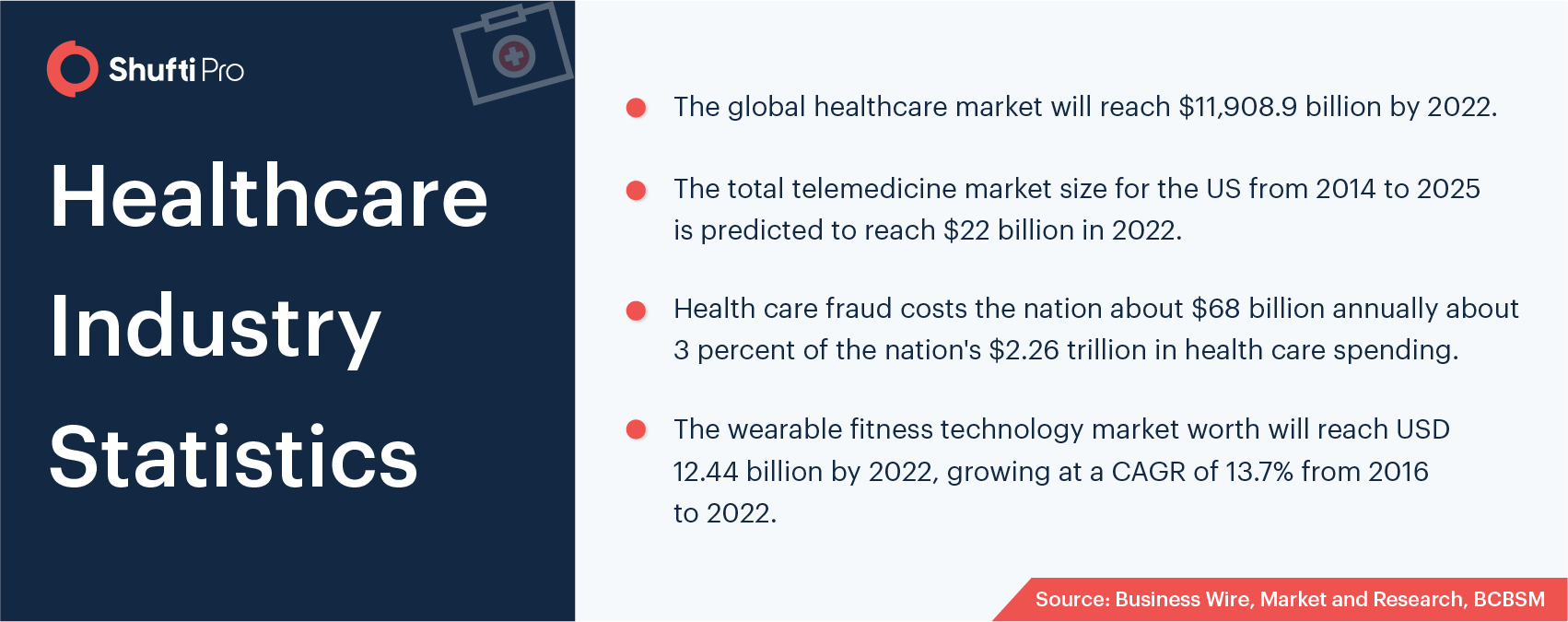
6. Video KYC
The healthcare industry, primarily hospitals, is one of the sectors where cyberattacks and scams are carried out on a large scale. Fake health documents and synthetic identities have been widely used by fraudsters that use such forged ID documents to manipulate hospitals in order to get free treatments, insurance claims, and much more. To stop such activities, a video KYC solution is circulating that can help this industry. This solution allows the hospitals to verify the patient through a video. Through video verification, legitimate patients are precisely identified whereas, fraudsters are determined.
7. The rise in Digital Therapeutics
In many cases, primarily in addiction and mental health; digital medicine and therapeutics employ cognitive behavioral therapy tactics that were previously only available from psychiatrists and counselors. The US Food and Drug Administration (FDA) has approved a wide range of digital treatments, but they require a greater understanding of their supporting data and can be used as part of a combined care management plan. These therapies provide a solution to the present market’s access to treatment and affordability problems.
8. Virtual Health Services
Due to the coronavirus pandemic, social distancing and work-from-home norms have driven the medicare industry to come up with virtual and telehealthcare models to assist the patient in the best possible way. However, in 2022, medicare centers will start to focus on achieving optimal quality, experience, appropriateness, and integration of telehealth service along with in-person delivery. There is a dire need for effective patient navigation in virtual healthcare solutions, in such areas as data integration, clinical challenges, policy barriers, and cost-sharing.
9. Virtual Simulation and Technology Transform Nursing Education
Virtual simulation and learning will become more common practice in nursing education as the centers have experienced loads of benefits during the pandemic era. However, there has been a critical nursing shortage around the world, halting medicare operations. But by using virtual reality technology, the healthcare industry can eliminate the conventional road blockage such as insufficient on-premises training and staffing challenges by rendering customer-centric solutions for students and faculty. Virtual simulation is also beneficial to improve clinical reasoning and enables students to feel the sense of touch while practicing the physical assessments and hands-on skills.
10. Better Data Analytics to Improve Patient Outcomes
In 2022, more research will be done regarding patient datasets that can help enhance patient care by using big data to influence healthcare outcomes. As a result, a greater emphasis will be placed on using analytical algorithms to identify trends and acquire processed data from Electronic Health Records (EHRs).
Furthermore, data will aid in the identification of patterns and predict possible outcomes that will enhance treatment procedures. Because healthcare analytics skills can lead to lower costs and better patient outcomes, many hospitals will seek professionals with health analytics degree qualifications. This trend will continue to rise as people’s concerns about the security and privacy of electronic health data grow.
Final Thoughts
As the medicare sector continues to evolve, there will be numerous changes in 2022. With the countless technologies and developing automated IDV solutions, the healthcare industry will reshape in the future. Healthcare service providers will also collaborate with the regulatory bodies to come up with data protection laws to make the health industry trustworthy. Therefore, a lot is to be experienced in 2022.
Want to know more about identity verification in the healthcare sector? Get in touch with our experts.












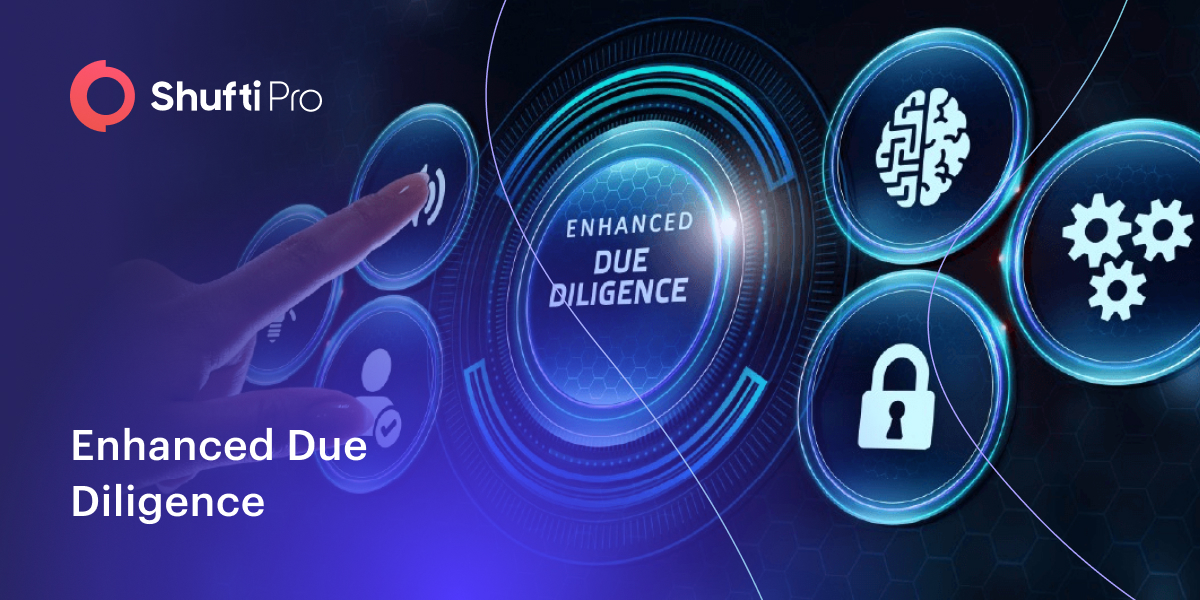










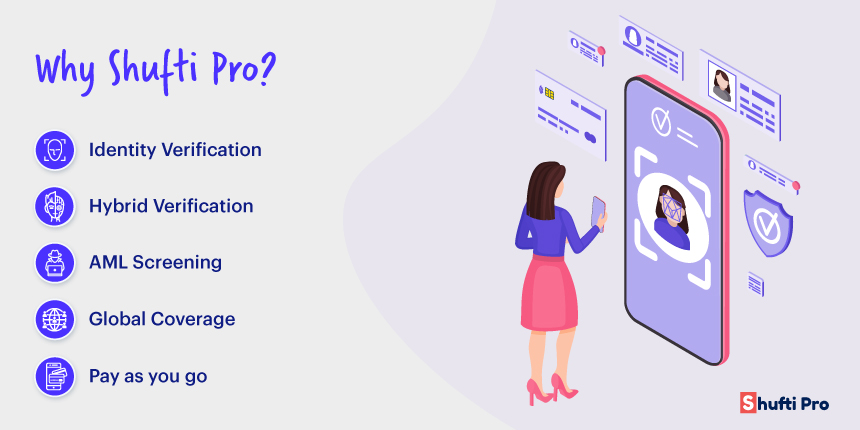








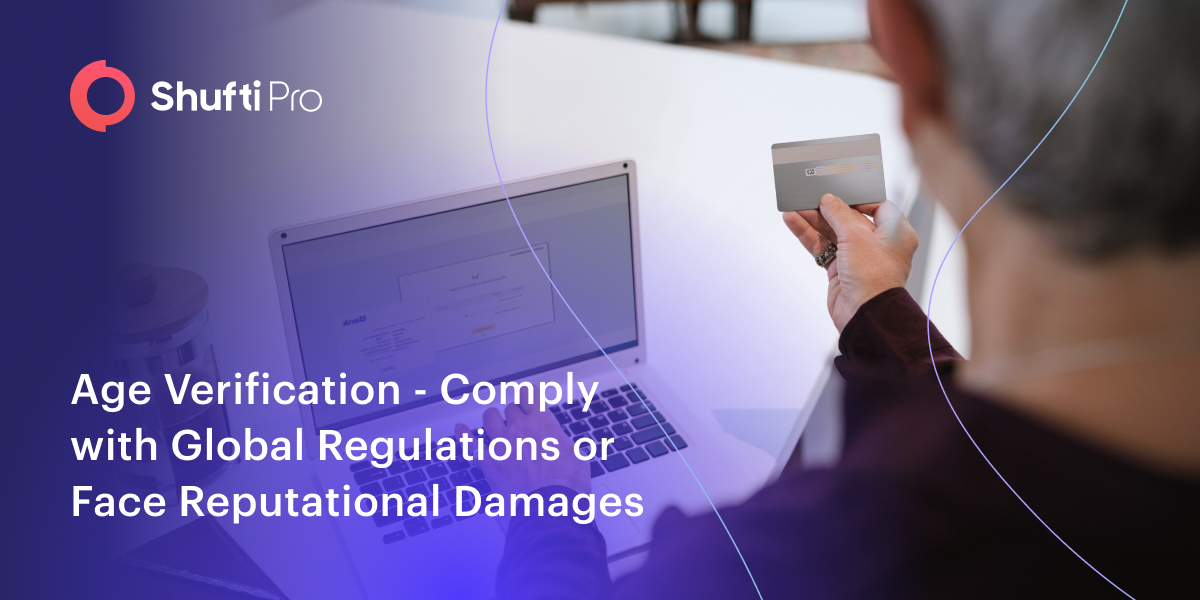
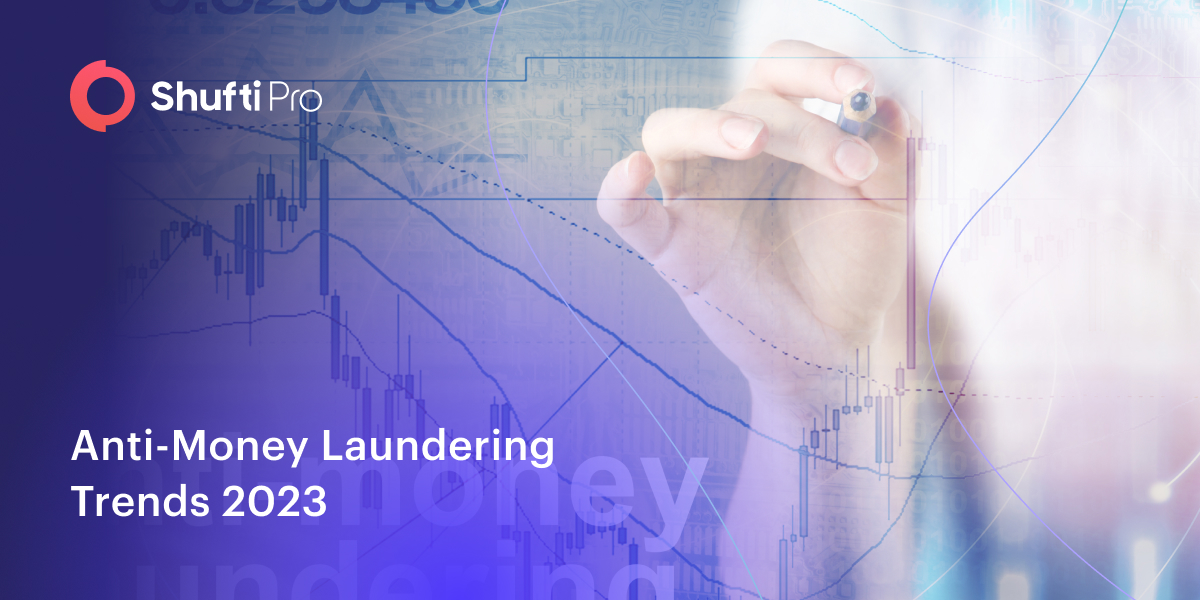


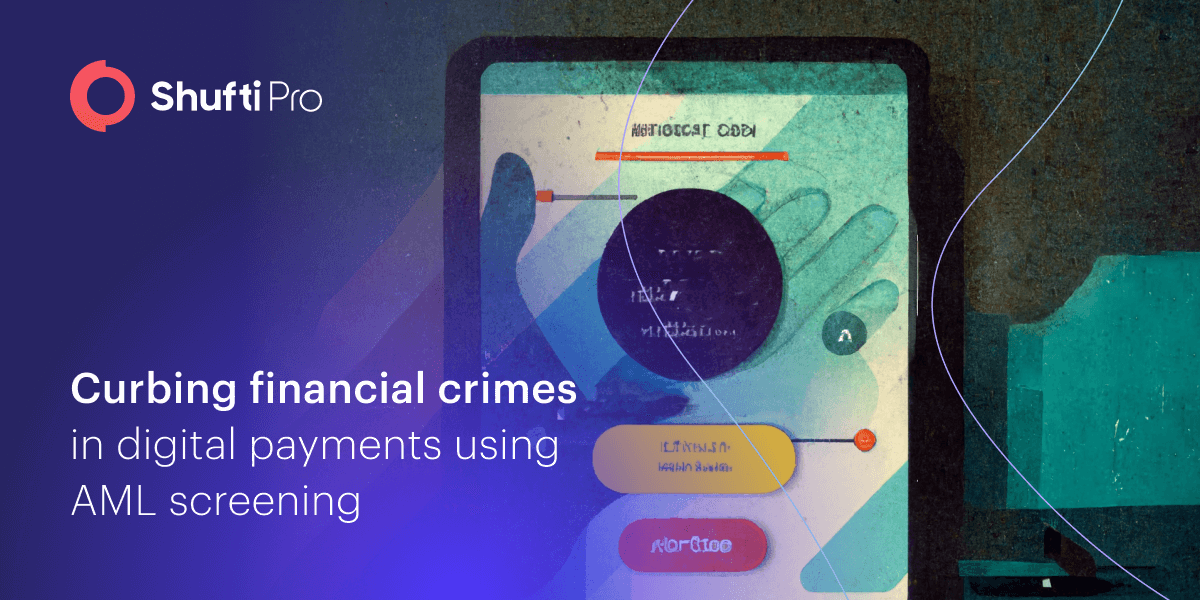








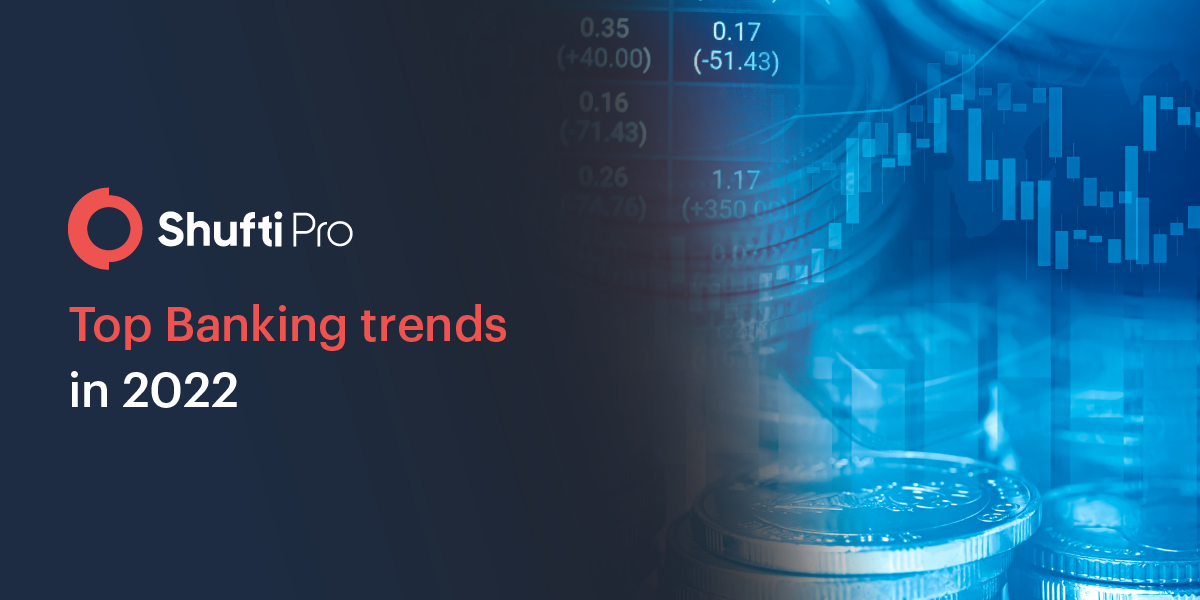










![AUSTRAC’s ML/TF Risk Assessment 2021 – Other Domestic Banks Report [Part 2] AUSTRAC’s ML/TF Risk Assessment 2021 – Other Domestic Banks Report [Part 2]](https://shuftipro.com/wp-content/uploads/2021-09-08-blog.jpeg)




